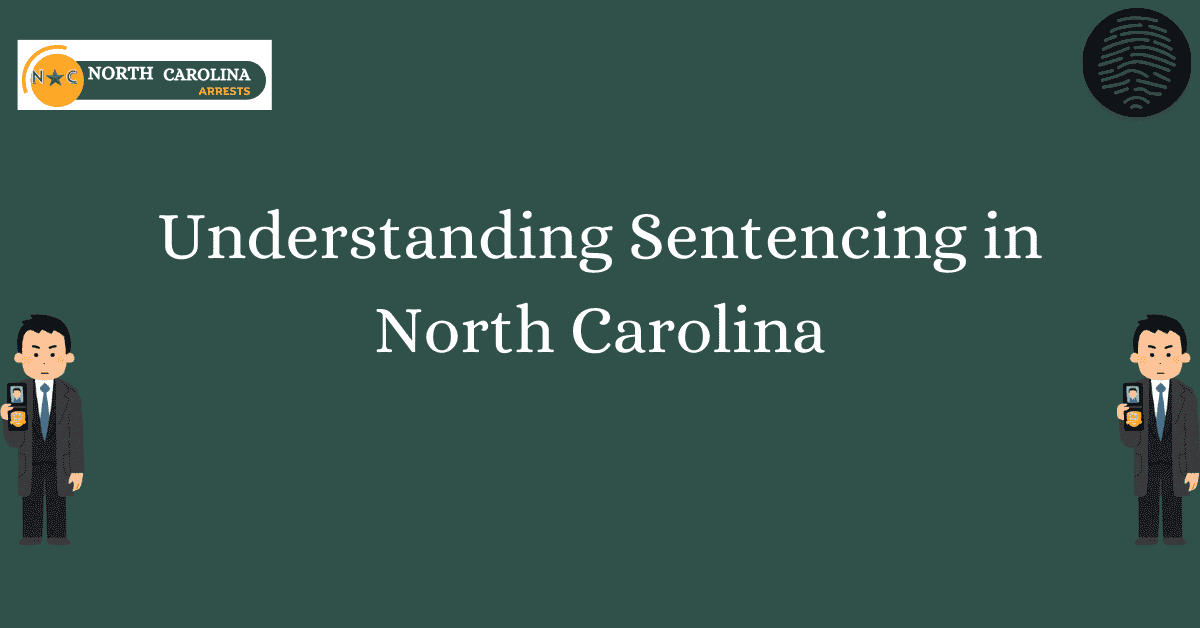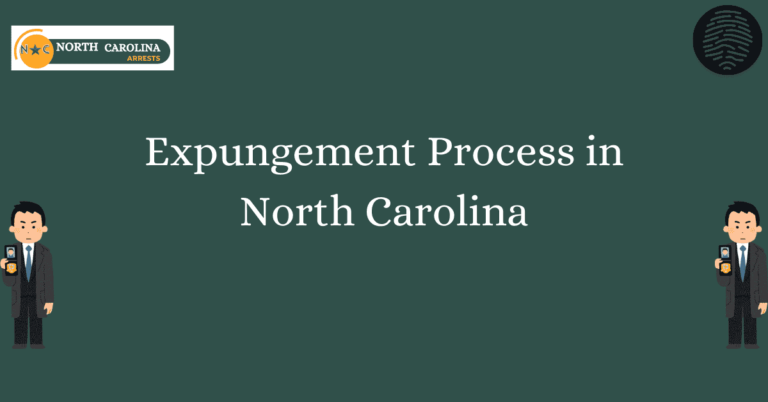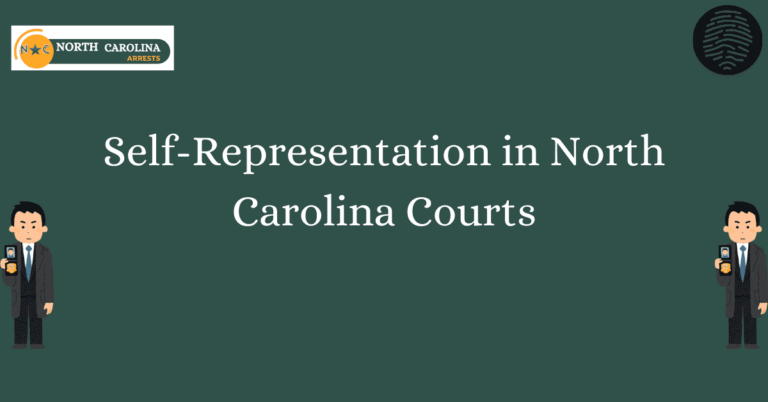Understanding Sentencing in North Carolina
When it comes to sentencing in North Carolina, the legal landscape can be complex and nuanced. From understanding the various factors that influence sentencing decisions to navigating the intricacies of the state’s sentencing guidelines, there is much to consider. Whether you are a legal professional, a defendant, or simply a curious observer, delving into the realm of sentencing in North Carolina can shed light on the inner workings of the criminal justice system.
The realm of sentencing in North Carolina opens up a window into the principles and practices that govern the consequences of criminal behaviour. By examining the different types of sentences available, the role of mitigating and aggravating factors, and the impact of recent legislative changes, one can gain a deeper appreciation of how the state approaches the issue of punishment and rehabilitation.
Factors Influencing Sentencing Decisions
When it comes to sentencing decisions in North Carolina, there are several key factors that come into play. These factors can vary depending on the nature of the crime, the defendant’s criminal history, and the circumstances surrounding the case. Judges take into consideration various elements to determine the appropriate sentence for an individual.
State Sentencing Guidelines Overview
In North Carolina, sentencing guidelines provide a framework for judges to determine the appropriate punishment for a crime. These guidelines take into account the severity of the offence, the defendant’s criminal history, and any mitigating or aggravating factors present in the case. Judges use these guidelines as a reference point when sentencing individuals convicted of crimes.
Types of Sentences Available in North Carolina
North Carolina offers a variety of sentencing options for individuals convicted of crimes. These include probation, fines, community service, jail time, and in some cases, even the death penalty. The type of sentence imposed depends on the severity of the crime and the circumstances surrounding the case.
Mitigating and Aggravating Factors in Sentencing
When determining a sentence, judges in North Carolina consider both mitigating and aggravating factors. Mitigating factors are circumstances that may lessen the severity of the crime, such as a defendant’s remorse or cooperation with law enforcement. Aggravating factors, on the other hand, are elements that may increase the severity of the crime, such as prior criminal convictions or the use of violence.
Recent Legislative Changes Impacting Sentencing
Recent legislative changes in North Carolina have had a significant impact on sentencing procedures. These changes may include updates to sentencing guidelines, the introduction of new sentencing options, or modifications to the types of crimes that carry mandatory minimum sentences. It is essential for legal professionals and defendants to stay informed about these legislative updates.
Principles Behind Punishment and Rehabilitation
When sentencing individuals in North Carolina, judges aim to balance the principles of punishment and rehabilitation. While punishment serves to hold individuals accountable for their actions, rehabilitation focuses on helping offenders reintegrate into society and avoid future criminal behaviour. Judges consider these principles when determining the appropriate sentence for a defendant.
Role of Criminal Behavior Consequences
The consequences of criminal behaviour play a significant role in sentencing decisions in North Carolina. Judges take into account the impact of the crime on the victim, the community, and society as a whole when determining an appropriate sentence. Understanding the consequences of criminal behaviour is essential for both legal professionals and defendants involved in the sentencing process.
The Criminal Justice System in NC
Having a comprehensive understanding of the criminal justice system in North Carolina is crucial for individuals involved in sentencing decisions. From the initial arrest to the final sentencing hearing, each step of the legal procedure plays a vital role in determining the outcome of a case. Understanding how the criminal justice system operates can help defendants navigate the sentencing process effectively.
Frequently Asked Questions
Our Frequently Asked Questions section is designed to provide you with comprehensive information about Understanding Sentencing in North Carolina. Below, you’ll find detailed answers to commonly searched queries on Google, ensuring that you have all the information you need to understand the topic thoroughly.
What is the sentencing process in North Carolina?
The sentencing process in North Carolina involves a judge determining the appropriate punishment for a convicted individual. This can include fines, probation, community service, or incarceration. Sentencing guidelines are used to ensure consistency in punishment across similar cases.
What factors are considered during sentencing in North Carolina?
When determining a sentence, North Carolina courts consider factors such as the severity of the crime, the defendant’s criminal history, whether the offence was committed with aggravating or mitigating circumstances, and the potential for rehabilitation. The judge may also take into account the impact of the crime on the victim and society.
What is the difference between probation and parole in North Carolina?
Probation is a sentence that allows an individual to serve their time in the community under specific conditions, while parole is the early release of a prisoner who has demonstrated good behaviour while incarcerated. Both probation and parole involve supervision and adherence to certain rules set by the court or parole board.
Can sentences be reduced or modified in North Carolina?
In some cases, sentences in North Carolina can be reduced or modified through processes such as sentence reduction hearings, appeals, or post-conviction relief. Factors such as new evidence, legal errors during the trial, or changes in circumstances can all impact the possibility of sentence modification.
What are the potential consequences of violating a sentence in North Carolina?
If an individual violates the terms of their sentence in North Carolina, they may face consequences such as additional fines, extended probation or incarceration, or other penalties. It is essential to comply with the conditions of the sentence to avoid further legal trouble.
How can I seek legal assistance for sentencing matters in North Carolina?
If you require legal assistance with sentencing matters in North Carolina, it is advisable to consult with a qualified attorney who specializes in criminal law. An experienced lawyer can provide guidance on your rights, options for sentence modification, and representation in court proceedings related to sentencing.







